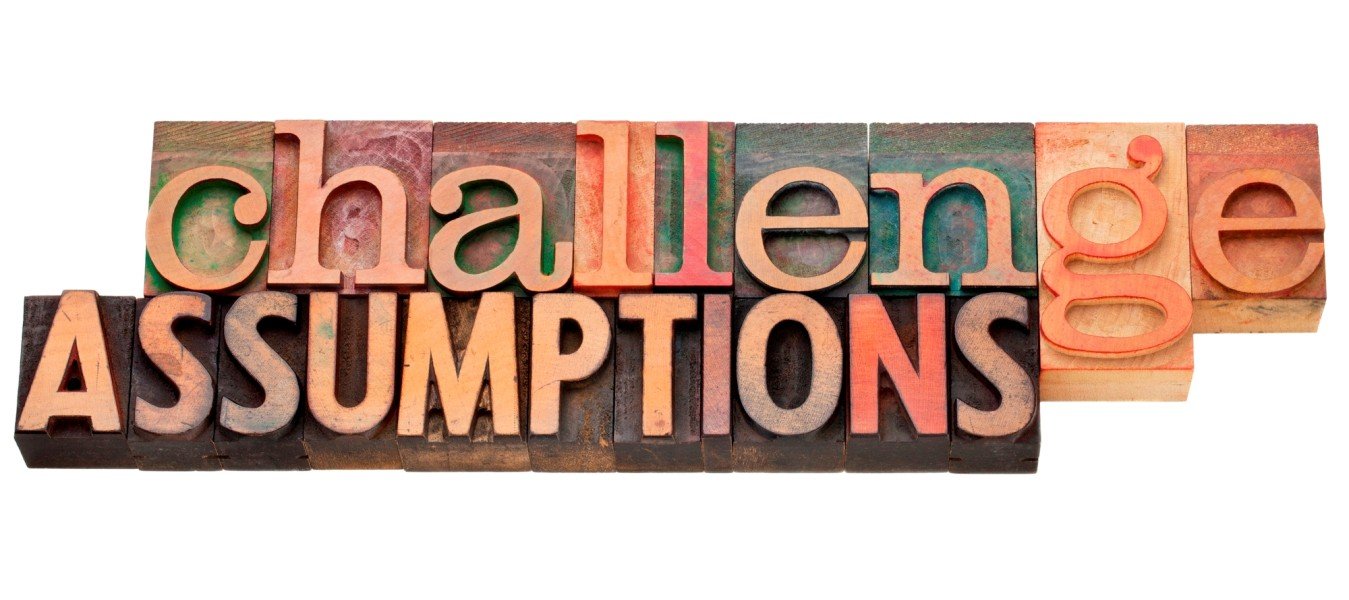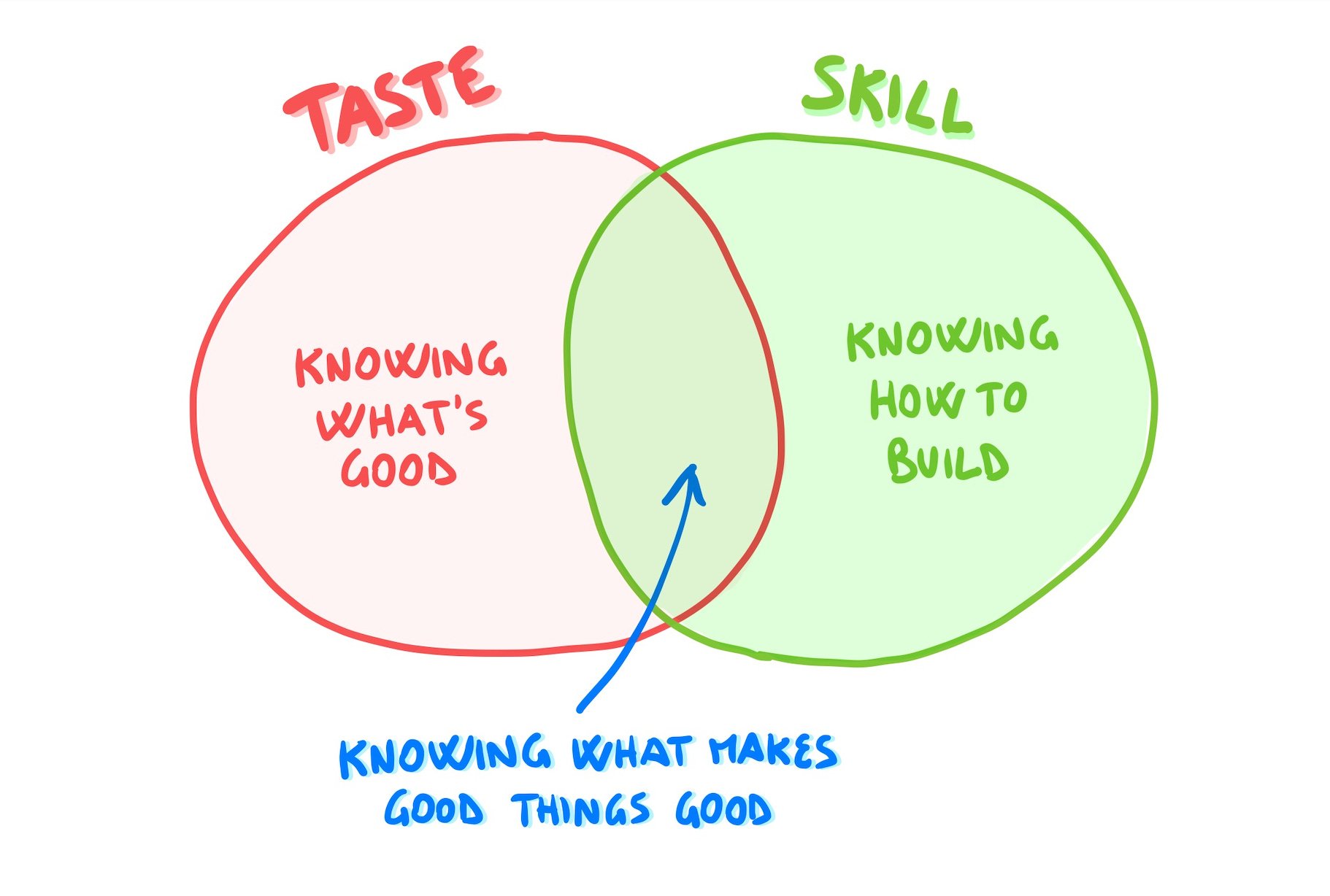One of the biggest challenges in coaching a sales team is bridging the gap between varying levels of skill and motivation to ensure that every member can contribute meaningfully to collective success. Rather than simply elevating the lowest common denominator, effective coaching focuses on unlocking individual potential, fostering a culture of continuous growth, and creating synergy within the team. My approach centres on aligning both the head and heart, I mean engaging team members both intellectually and emotionally, so that they operate with clarity, confidence, and a shared sense of purpose.
Contact me via email to schedule a 1:1 meeting.
Moving up the ladder
Transitioning from personal success to achieving results through others is one of the most rewarding and challenging phases of leadership. It’s a shift from focusing on your own contributions to building, leading, and nurturing a successful team. Leadership is not just about excelling individually but about developing managerial skills that elevate those around you. It’s about ensuring every team member feels empowered, motivated, and recognised.
What leadership skill have you been honing lately?
More, better, new
When evaluating how to advance in your work or personal goals, you generally have three options:
a) You can do more of what you’re currently doing, increasing your output or volume.
b) You can do what you’re currently doing better, focusing on improving quality, efficiency, or skill.
c) You can apply your current skills or efforts in a new environment, exploring different opportunities or contexts where you can make an impact.
I think each path offers different ways to grow, and the best choice depends on your current situation, goals, and where you believe you can make the most progress. Are you stuck? Contact me via email for a confidential discovery meeting.
Elevate your career
What do you really want to do, and why do you want to do it?
I think to bridge the gap between your current position and your desired outcome, it's crucial to identify the reasons behind your inaction. Let's be honest about the possible barriers:
1) Fear
2) Limited belief in your capabilities
3) Feeling overwhelmed due to anger or resentment
4) Bad habits
5) Lack of skills
Contact me via e-mail to book a coaching course.
Make them feel comfortable
Sales involves both a systematic process and interpersonal skills, and effective salesmanship hinges on the art of listening and forming connections with people. The systematic approach entails initial connection, followed by an approach and conversation where you uncover insights about the individual. Understanding this process sets the stage for honing the necessary skills, and I think mastering the art of asking the right questions is pivotal, and this means knowing what to ask and what to avoid. Instead of focusing on oneself, it's crucial to frame questions that encourage individuals to share about themselves, as everyone loves to speak about their own experiences and perspectives.
A holistic endeavour
Achieving high performance in any chosen field, whether it be in business, on the stage, or in sports, requires continual attention to mind-management, and this involves a dynamic process of cultivating mental resilience, refining skills, and fostering adaptability. Beyond the pursuit of success, this approach is integral to maintaining optimal mental and emotional well-being. I think by actively developing one's personality and expanding their capacity to embrace new challenges, individuals will enhance their performance and also cultivate a robust foundation for enduring success. This ongoing commitment to self-improvement will enable individuals to navigate the complexities of their chosen field with agility and poise, contributing to their professional accomplishments as well as a more balanced life.
If I had the key
Senior executives require specific knowledge to effectively carry out their roles, for example, they need to know both how to create exciting, profitable new ideas for their business and how to implement them. In other words, they need both intellectual and practical knowledge. I think they need a combination of intellectual insight and practical skills.
Business operations today are focused on enhancing efficiency by optimising processes that may no longer be relevant in the present. This often involves analysing historical data to identify cost-saving opportunities and efficiency enhancements. Unfortunately, this approach frequently leads to a narrow focus on cost reduction, with the finance department receiving accolades for these efforts while escaping accountability for missed opportunities.
A little about me
Graphics c/o Karla Hallam ©
The skills I consistently bring to every job is understanding the customers I sell to, delivering value to them and not only focusing on the features and functions of the products or services. What has helped me meet so many people stem from my ability to demonstrate that I have a comprehensive grasp of their business and identifying challenges they require solutions for. My priority focus is pinpointing their pain problems and offering suitable solutions for them irrespective of the ROI.
Nowadays most companies have a start-up mentality, and I have worked for several companies where the response have been, “I have never heard of you!” I used to enjoy the thrill of approaching potential buyers and driving outcomes, even in the absence of brand recognition. I don’t want to just manage accounts where they just keep coming back purchasing from us as there is no frill in that. I am driven by solving problems and creating meaningful impact for companies.
It's a balancing act
Are you aware that your knowledge is a valuable asset?
I think your skills and abilities play a significant role in how you deliver your product or service and will contribute to the quality of your offering. Whether it's your craftsmanship, problem-solving skills, communication abilities, or technical expertise. This knowledge guides your decisions, helps you make informed choices, and enables you to stay competitive and relevant. Industry expertise, understanding of customer needs, and your insights into market trends are also valuable assets. All of these attributes contribute to the overall customer experience and differentiate you from competitors. Contact me via e-mail to book a confidential 1:1 sparring session.
A multifaceted journey
Starting a business begins with a marketable skill, idea, or product. This is the foundation upon which your entire venture will be built. It could be a service you excel at, a unique product you've developed, or an innovative idea that addresses a specific need or problem in the market. I think the essence of any successful business is the ability to create value for your target audience. This value can come in various forms, for example, solving a problem, making their lives easier, providing entertainment, offering convenience, etc. When your offering resonates with your target audience, they are more likely to be willing to pay for it. Do you have a business idea? Contact me via e-mail to book a confidential 1:1 sparring session.
The top 1%
There are a few essential skills and qualities that are important to acquire if you want to become a top sales earner, for example:
1. The tonality of how you deliver your message is important.
2. Persuasion techniques can significantly impact your sales performance.
3. Negotiation skills are paramount when it comes to reaching mutually beneficial agreements with clients.
4. Skilful questioning helps build rapport, gather valuable information, and demonstrate your expertise in solving their problems.
5. I think identifying and addressing the underlying problems or challenges your client’s face will make you stand out as a valuable partner.
6. Understanding human behaviour, including psychological triggers and decision-making processes, will give you an edge in sales.
7. Emotional intelligence plays a crucial role in sales by helping you build rapport, connect on a deeper level, and address the emotional needs of your clients effectively.
Remember, becoming a top sales earner takes time, dedication, and continuous improvement. It's an ongoing journey of learning and refining your skills to consistently deliver exceptional results. I think building a strong network, adapting to market trends, honing your product knowledge, and cultivating a strong work ethic are also essential elements for long-term success in sales. Contact me via e-mail for sales training and workshops.
Signals of progress
Here are some skills that are highly sought after in various industries and have the potential to provide long-term financial benefits:
- Accountability
- Consistency
- Empathy
- Honesty
- Integrity
- Passion
- Perseverance
- Positive self-talk
- Self-confidence
I think possessing these skills can greatly enhance your professional life and increase your chances of financial success.
Good taste is a skill
What is good taste?
Good taste refers to the ability to anticipate the preferences of your customers. For example, wearing a disco outfit to a disco-themed party would be well-received because it aligns with the theme and the expectations of the event. However, wearing the same outfit to a formal dinner party would be inappropriate as it does not match the formality and expectations of that particular occasion. Good taste also involves understanding how different elements complement or clash with each other. I think developing good taste typically comes through a combination of experience, observation, and an understanding of aesthetic principles.
Leadership traits
I think leaders lead with…
Character
Confidence
Certainty
Communication
Conviction
Collaboration
Capabilities
All good leaders can communicate
c/o Forbes magazine
I think leadership and communication are intertwined, as effective leaders are skilled at expressing their beliefs and vision. And by doing so, they build trust and foster a sense of community among their followers. Leaders can also articulate shared values and aspirations. Acknowledging one’s mistakes and vulnerabilities is another key aspect of good leadership. The aim of leadership is not to attract people who need what you have, but to attract those who share your beliefs. Leaders can stand on a street corner and articulate their convictions, drawing others to their cause, as our unwavering belief in an unseen future and our ability to articulate it is our greatest asset.
Don't take it personally
I think sales is a challenging profession, and not everyone who attempts it will succeed. It's important to remember that rejection is a natural part of the sales process, and it's not always a reflection on the salesperson's abilities or performance. That being said, there are certainly things that salespeople can do to improve their chances of success, such as improving their appearance, communication skills, and presentation style.
It's also true that some clients may pick up on a salesperson's nervousness or lack of confidence, and this can be a turnoff. However, there are ways to overcome this, such as practicing sales techniques and developing a deep understanding of the product or service being sold. In addition, salespeople can seek feedback from clients or colleagues to identify areas for improvement. Ultimately, it's up to the salesperson to take responsibility for their performance and strive to improve. By doing so, they can increase their chances of success and minimise missed opportunities. Contact me via e-mail for sales coaching and training sessions.
Think differently
Image c/o Vector Stock ©
Authentic leaders know they can learn a lot from those that think differently than they do. Leadership is not just about skills and abilities, it’s more about having the right mindset to inspire and empower others. The most successful leaders are really good at keeping people informed and making them feel valued.
““I’m a big believer ability takes you so far and personality takes you that extra yard. When you’re a player it is down to you to go out and perform. You need leaders, people who drive standards in training and on the pitch with the intensity levels.” ”
Mental skills can be trained
Once you realise that you have an emotional brain, a logical brain, and a memory then this will give you a new insight into yourself and clarify why you behave and feel the way you do. Some of the assumptions you are making about other people, perhaps you should start by looking at yourself. Try asking yourself these questions:
· Why do I feel the way I am feeling?
· What triggers me and why do I respond the way I do?
· What does my best self, look like and why can’t I be this way all the time?
· Why am I feeling like my shadow self today?
Contact me via e-mail for a confidential 1:1 meeting.
Reading the room
First, you read what you see - I mean reading body language. Salespersons soon learn that if the customer have their arms folded and chin tucked down with a frown on their face then this is going to take all your skills to get their arms unfolded and make them a little more comfortable. Crossed arms and legs are a clear signal that there is resistance to your ideas. Second, you’ve got the read what you hear. If it’s a two-way conversation you must listen as well as talk. We have two ears, one mouth, therefore, we should listen twice as much as we speak. Listen so that you know how to proceed and the best way to improve your listening skills is to practice "active listening." And finally, you have to pick up the emotional signals, for example, are you coming on too strong? How does your customer feel? etc.
I think reading the room is an art form; first what you see, then what you hear and finally what you feel. Speaking the same language as your customers is a subtle way to make them feel more welcomed. Contact me via e-mail for 1:1 session or to arrange a “reading the room” workshop for your team.
Become a better listener
Active listening is different from hearing or even paying attention, hearing is something we do without thinking and without consciously trying to. I think a deeper level is when we listen for context, so here are some tips on how to improve your listening skills:
1. Talk less
2. Do not interrupt
3. Maintain direct eye contact
4. Put your phone down
5. Listen with your eyes and look for the unsaid
6. Remain interested
7. And if you are waiting for a pause, so that you can speak, then you're not actively listening





















